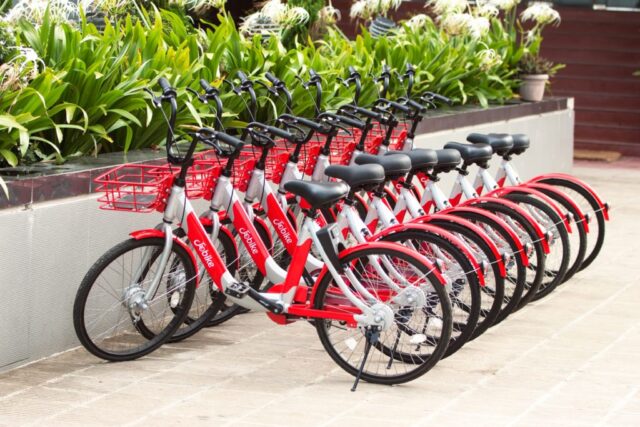We are always searching for the easiest solution for any problem, and that should be. If you ever visit in Dhaka, then you must face a clinically dangerous problem – Jam. Dhaka Traffic Jam is now a buzzword around the world. Many analysts think over it and try to give the solution, but the end of the day almost none of the structure-based ideas are entirely pragmatic. Our research report shows that plenty of money and time are subject to implement that resolution. At that time one of the team members of InCAP noticed quite a few bicycles labeled ‘Jobike‘ alongside the Mirpur DOHS Road, Dhaka.
He tried to gather some information about Jobike, but he did not feel that enough. Eventually, we invited Mr. Mehedi Reza (Founder & CEO of Jobike) in our Dhaka office.
After a flourishing discussion, we feel that Jobike is not only the solution to the horrible traffic jam, but it is a healthy and robust answer for the transportation problem in a very cost-effective way. The concept of Jobike can simply put in implement anywhere in Bangladesh.

















